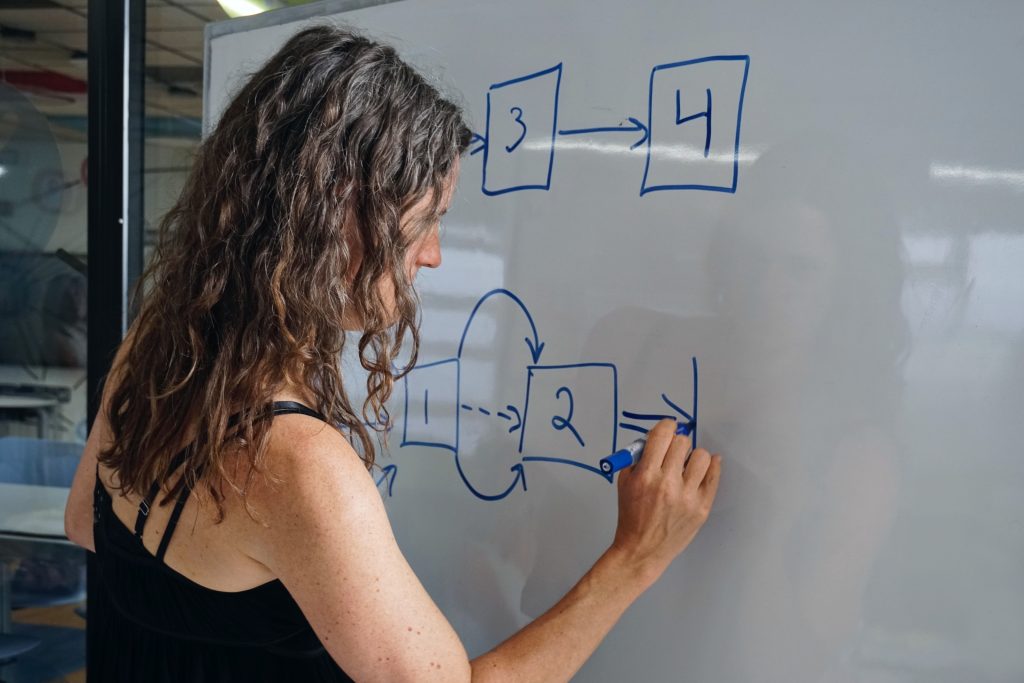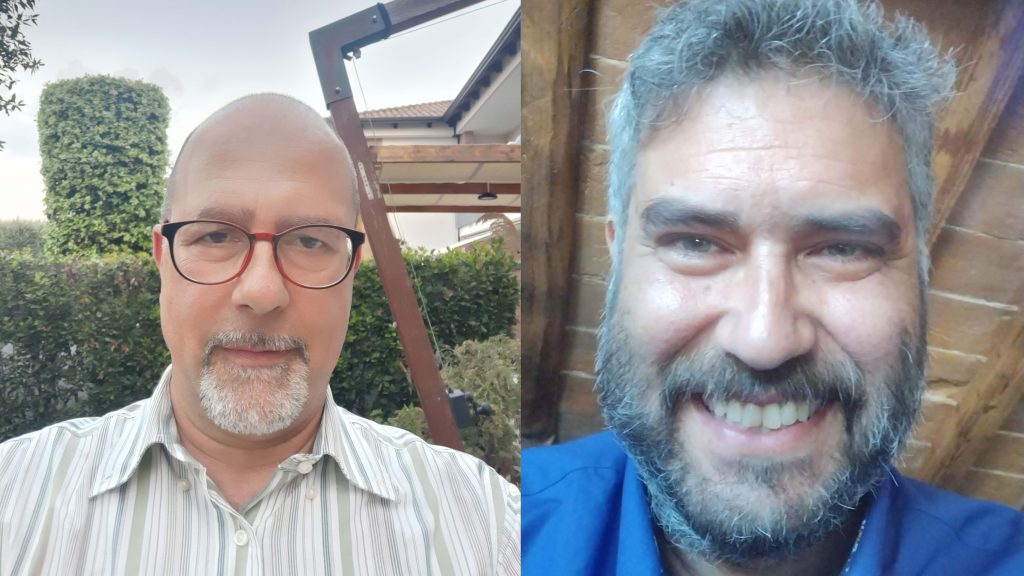
The first pilot of the RItrainPlus management training programme was organised in June 2023. It offered seven short courses on various topics relevant to those working in managerial positions in Research Infrastructures and Core Facilities. Management training can help scientists develop the skills and competencies they need to lead teams, communicate results, plan strategies, and deal with challenges. Here’s what two participants of the pilot, technician Daniele Ercolani and Core Facility coordinator Pasquale De Luca had to say about their experience.
The short course titled “Ethical, legal and social implications of RIs” contained a diverse set of themes from research integrity to open science and citizen science. The short course was taught in online form to altogether 29 participants.
Working in a Research Infrastructure or Core Facility means being exposed to, apart from technical questions, ethical, legal and social issues of science, at times even complicated by the international environment they work under, open accessibility, relationships with national or international institutions, companies and citizens. This makes Ethical, legal and social implications and the topics of research integrity and open science highly important. Citizen science goes well along with the previous topics to enhance engagement and raise awareness. The objective of the short course was to give course attendees first insights as well as a starting point for further exploration of questions related to the covered topics.
Science is all about learning
Daniele Ercolani is a research technician at the NEST laboratory of Scuola Normale Superiore in Pisa, Italy. He is in charge of running a nanotechnology lab, which includes managing the cleanroom, taking care of instruments and managing the needs of around 60 users of the lab.
“My main reason to take this short course was for my personal education. It’s easy to read scientific papers but how to manage the scientific work is more difficult to understand”, he says.
Ercolani is currently keeping his eyes open for new job opportunities, with an aim to move away from a technical role to a more managerial one. The short course offered him lots of new insights, particularly the courses on research integrity, open science and equality.
“Research integrity was very interesting. I discovered a lot of questions I could pose to myself: why am I doing things and what are the implications of my research. It’s good to evaluate your internal principles.”
The session “Open science and data” was taught by experts from Elixir, CTLS, University of Bologna. The online course featured a lecture, interactive online quizzes and breakout room discussions. Breakout rooms had participants discuss the differences between science and open science, some usual barriers to open data, and whether there is a risk of too much data. The faculty used breakout rooms efficiently to encourage participants of diverse backgrounds to participate.
Participating in the open science course inspired Daniele Ercolani to start a small project at his facility focusing on organising data according to the open science principles. He believes that learning and improving yourself is integral to science.
“Science is learning! It means always going ahead, doing new things and revolutionising,” he says.

New perspectives help even experienced managers become better in the future
Pasquale De Luca is Coordinator of technological platforms at the research institute Stazione Zoologica in Naples, Italy. He had never taken formal management training before, despite having impressive scientific credentials and running a Core Facility for more than 20 years. This is the case with many scientific experts and something the RItrainPlus programme is aiming to improve. The experience was overall very positive for De Luca, who had approached the experience open-minded.
“There were some things I learned that I had never considered, such as economic evaluation and ethical implications. This was a good experience for me to grow and become a better manager in the future.”
One of the long-term goals of RItrainPlus is to offer this learning module to universities so that it could be included in their curricula and offered to PhD students and postdocs. De Luca sees this as a positive goal and thinks that if this had been offered to him earlier on in his career, he might have become a manager earlier. Another important aspect of the course were the breakout room discussions that helped De Luca connect with his peers.
“It was interesting to discover that the problems you have, others have too. Then you can exchange experiences with colleagues and find solutions”, he says. “If you want to be ready to face new things, you have to keep informed. I will continue to learn for the rest of my life.”
